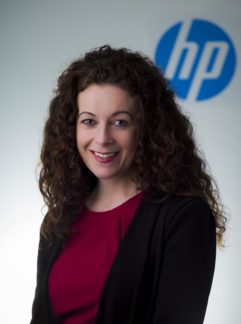Frequently asked questions
Digital Schools Awards European pilot programme and related topics.
Schools start their journey by registering on www.awards4SELFIE.eu and undergoing a whole-school self-evaluation using the European Commission’s SELFIE tool. Participating schools will receive dedicated support and resources to create and implement a whole school development plan. Schools will be invited to share evidence of good practice. When ready, schools can apply for recognition under the Digital Schools Awards scheme.
Yes, the Digital Schools Awards programme is open to all schools in Europe.
- Assess how they are doing in terms of integrating digital technology in teaching, learning and assessment
- Get recognition for their achievements under clear criteria
- Get practical support and training to improve their use of digital technology.
The technology industry, led by HP are committed to supporting the Digital Schools Awards and have a long held, strong commitment to supporting education globally. They recognise the importance of a modern learning environment which will prepare children for the future and the importance of investing in education to support economic growth. The Digital Schools Awards European initiative builds on the successful programme in the UK and Ireland and has the potential to be a powerful driver in inspiring greater numbers of schools and empowering young people through use of digital technology.
The Digital Schools Awards is part of HP’s global sustainability commitment to helping enable better learning outcomes for 100 million people by 2025
Schools are encouraged to submit evidence which is selective, representative and typical of best practice in the school. For each criteria a suggested range of evidence is provided as a guide.




